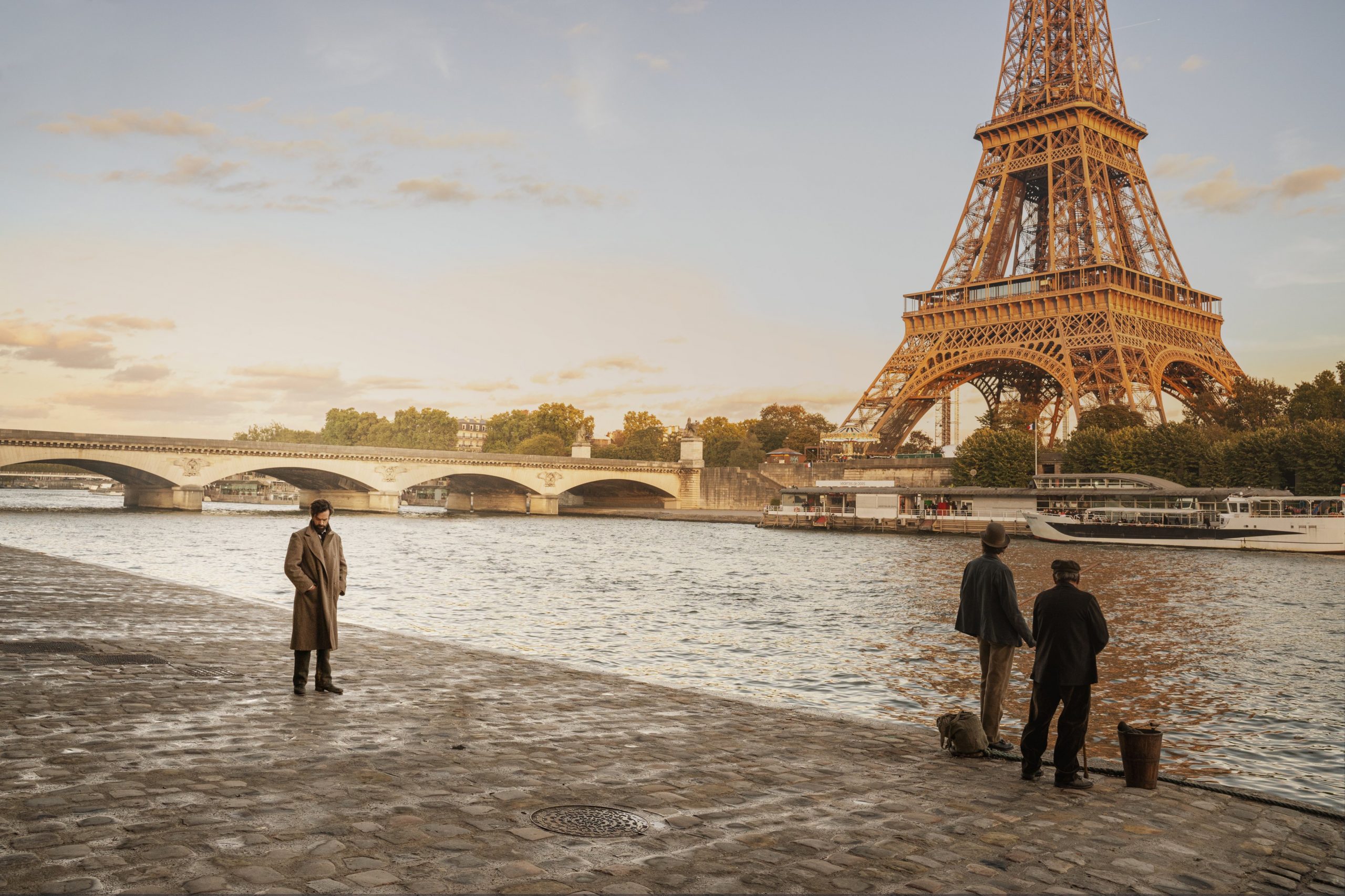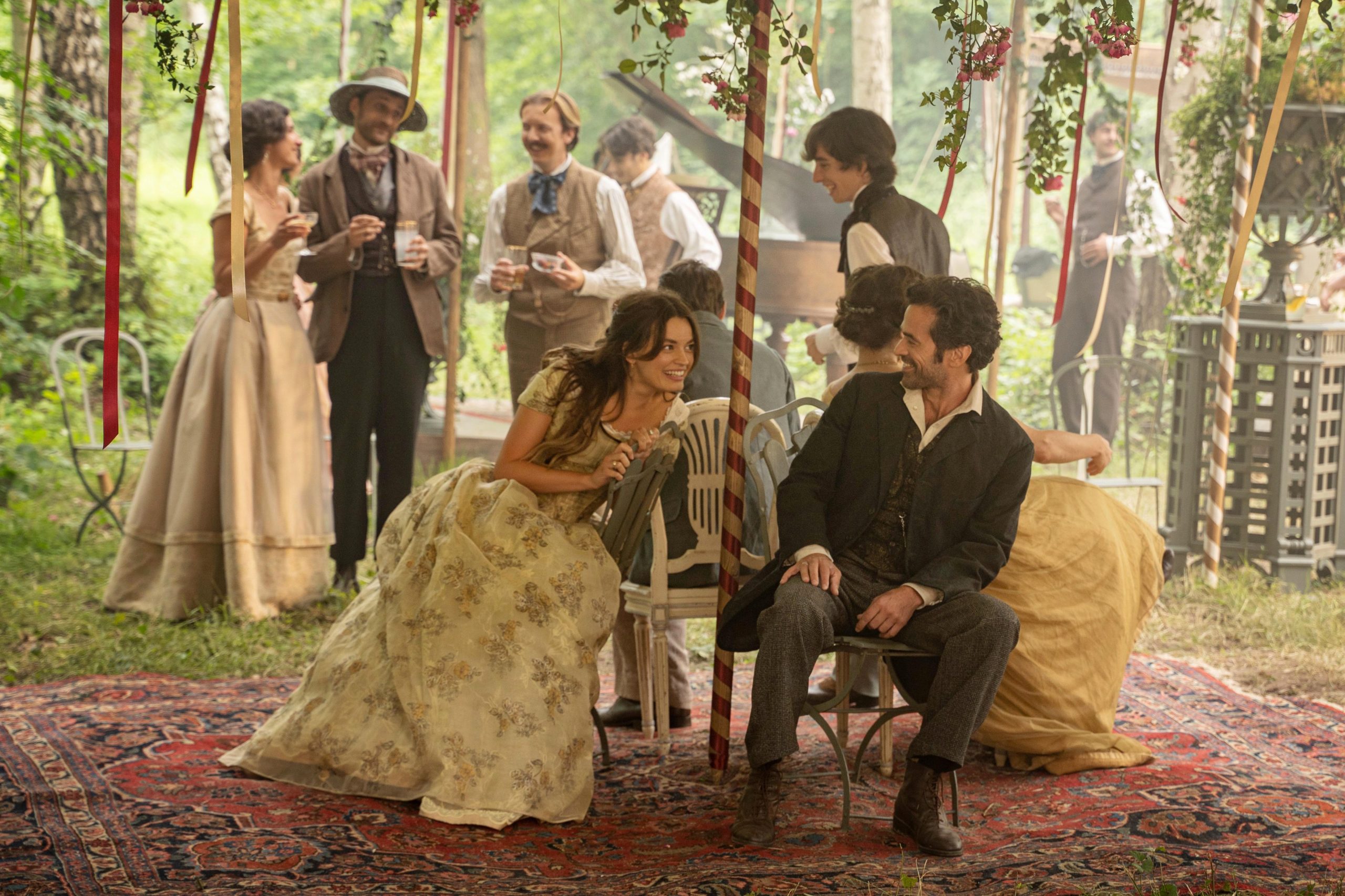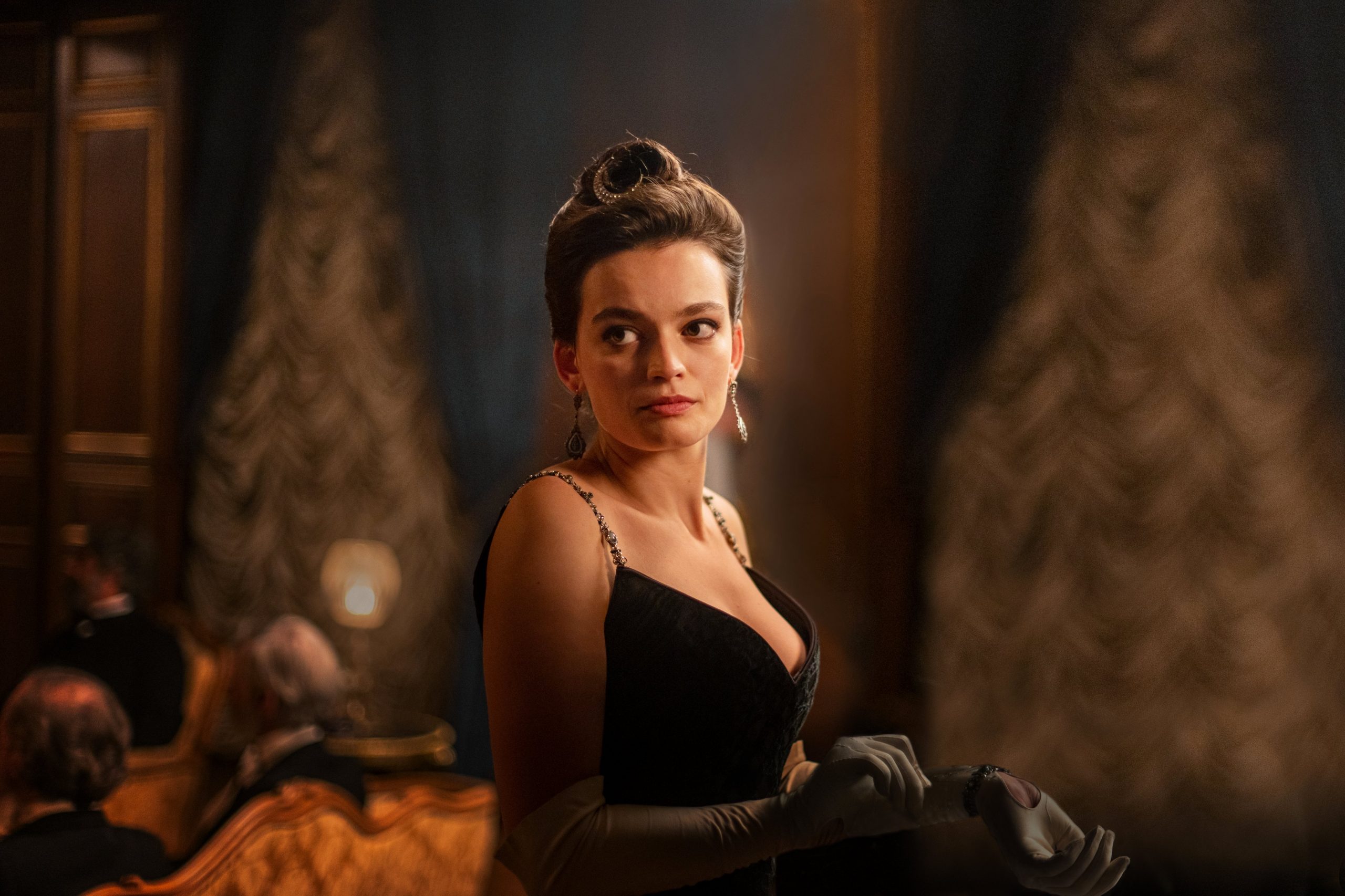
★☆☆☆☆
Artistic licence is a funny little thing. Artists are given free reign to essentially change history for the sake of art. There’s nothing wrong with this as long as filmmakers acknowledge and make it clear to the audience that what they’re about to see is a work of fiction, mixed with elements of the truth. If not, it’s morally dubious or just plain dangerous (looking at you, Bohemian Rhapsody).
Eiffel is a film that, at the very start, claims it’s loosely based on the truth, but never clarifies which parts it has just made up. For a short summary, Eiffel focuses on Gustave Eiffel, the man who erected the Eiffel Tower. The film also crams in a romance between Gustave and a woman called Adrienne, which seems to have been partly true, but holds the narrative tension of a wet cloth.
The biggest issue here is that there are two distinct films to be found within Eiffel. There’s the building of the tower; even Gustave notes in the film that it’s a glorious, dangerous effort and no one has ever attempted such a feat before. That’s film number one and a very interesting film in itself. Why the building of such a historical landmark wasn’t deemed interesting in itself is completely beyond me.

Then there’s the much more frustrating film, the romantic drama of the forbidden love and passion between Gustave and Adrienne. We see it unfold in flashbacks, leading up to the events that left Gustave heartbroken and angry and Adrienne emotionally – and physically – wounded.
Nothing within that second film that Eiffel has within its bloated narrative is particularly interesting or new. The film as a whole is plagued by the sense that this has already been done before, and better too. The narrative flows forward with no sense of urgency and there doesn’t seem to be anything to learn from these events.
Romain Duris does his best with what he’s given to work with. Gustave is supposed to be a romantic hero, but here he’s just gross and cruel. Duris goes for tortured, but it’s hard to root for a man so cold and indifferent. We never quite understand his motivations; this isn’t a greedy man, nor is Gustave a particularly egotistical one either.
And then there’s Emma Mackey. Or, more accurately, Emma Mackey and her breasts. Director Martin Bourboulon constantly draws the camera and our attention, clearly and deliberately, to Mackey’s cleavage. It doesn’t really make sense; Eiffel is never erotic enough to justify this. It just feels objectifying and turns us into Peeping Toms, leaving a bad taste in one’s mouth.

Duris and Mackey also lack chemistry; their interactions are wooden and rehearsed. There’s no familiar tension, no desperation to touch each other. There’s also the question of their age difference. It’s never really made clear how old Adrienne is as they first meet but over time, Gustave grows a very handsome beard and grey hairs appear. Adrienne, however, looks exactly the same, even if she is poised differently as a lady rather than the wild child of years past.
All in all, Eiffel is a pretty dreadful, almost absurd film. It brings me no pleasure to say this; we could all have done with either a lovely romantic drama about forbidden, forgotten passion or maybe a tense thriller about the building of the iconic tower. We get neither. Instead, here’s a film that takes itself needlessly seriously and turns into sentimental mush by the end.
Eiffel – In cinemas 12th August



